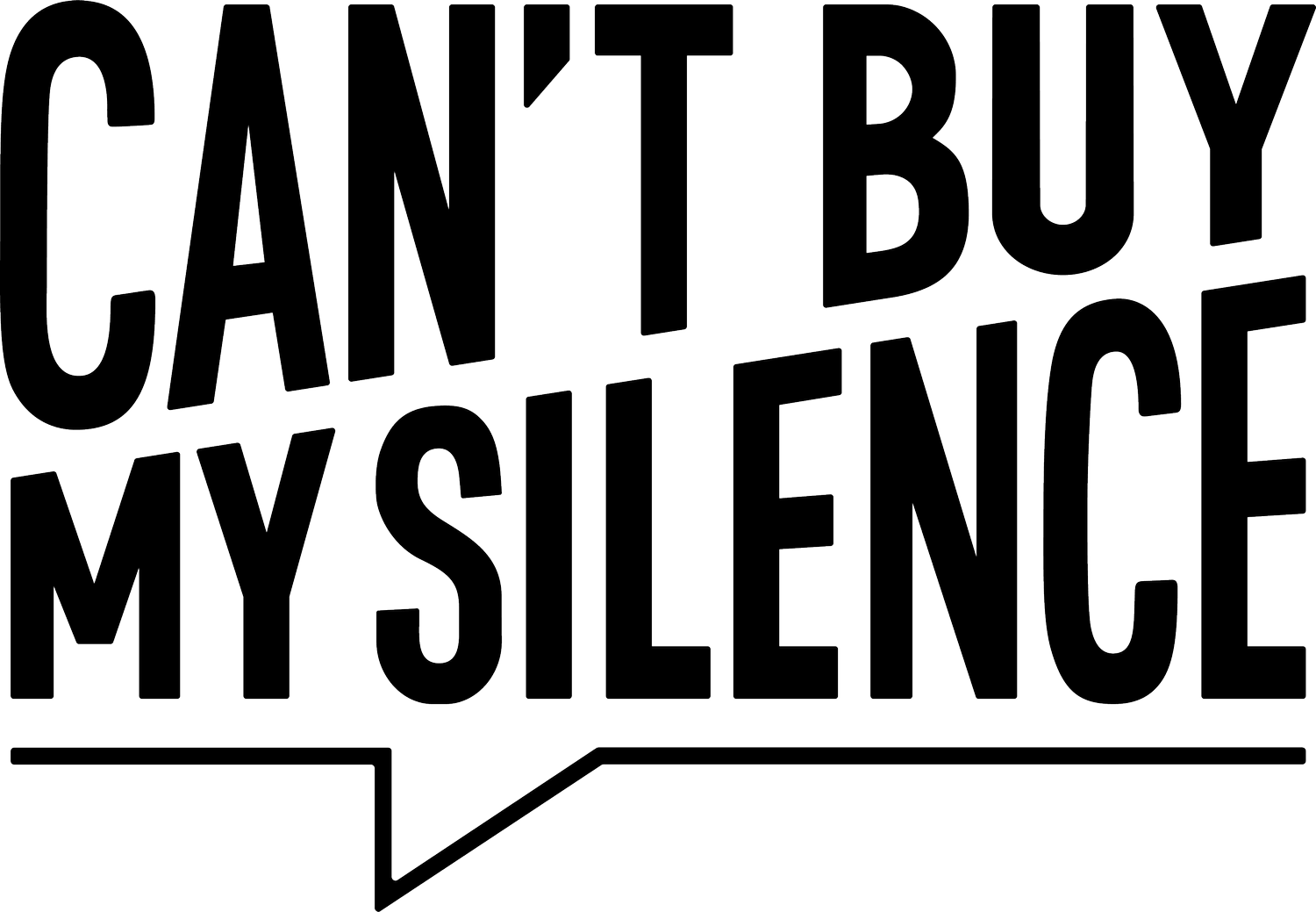STORY 44
I signed an NDA following two years of bullying at a UK university as part of a settlement agreement. I never knew the NDA was something I could have negotiated over. I was naïve enough to think the NDA might even help me move on, that it would prevent me from dwelling on it with my new employer or friends. In reality, it has just created distance and isolation, and has prolonged the trauma of that experience.
Bullying behaviour had become apparent within a few weeks of me starting my job, and despite my managers’ assurances that they had a zero-tolerance approach to bullying, two years later it was only getting worse. I had been off sick with work-related stress for six months, my full sick pay entitlement had run out, and despite multiple occupational health reports identifying workplace bullying as the cause of my illness, there was no solution in sight. My managers just suggested I should come back and see if the bullying continued. I spoke to my trade union and various phone helplines about resigning and suing for constructive dismissal. Thanks to the support of my trade union, we instead had a “protected conversation” where my employer proposed a settlement offer. I was given a week to consider their settlement offer “without prejudice”. I accepted in principle, after which they sent me the full settlement document – which included what I now recognise as NDA clauses.
I got the impression early on that my silence was valuable, that the university were quite keen for me to sign and be gone. There wasn’t any resistance to me negotiating a higher pay offer (not that this was my main motivator), exemptions to the NDA to discuss my experience with medical professionals, or negotiating to keep my records of the bullying behaviour. The process took around six weeks, from settlement offer to termination. I was grateful for the support of an empathetic HR adviser who never pressured me to sign – the date of my termination just got updated with each round of amendments. My trade union supported me with arranging legal advice for the final wording, and I understood the implications of what I was signing. I thought I’d got a good deal. In retrospect, the university got a bargain – six months’ pay for a lifetime of silence.
Part of me hates myself for allowing my silence to be bought. Part of me wants to fight them through the courts to get them to admit liability, after all I and my colleagues had suffered. However, by this point I was so isolated from my colleagues after six months off sick that I didn’t feel they were worth prolonging the stress for. I also didn’t feel confident that my case was clear-cut enough – whilst I had access to university-funded legal advice on the settlement, this expressly did not constitute legal advice on the strength of my case. I would have had to resign without a settlement to qualify for this expensive advice through my trade union – a bit of a catch-22.
So I was a pragmatist. I accepted a financial settlement that would see me through a potentially lengthy period of unemployment and recovery, and remove the stress of arguing and reliving my case in a public courtroom, in exchange for going quietly and securing a basic reference for my next job. Settlements have their place. However, I now know it was immoral for my employer to include a gagging clause in that settlement.
Looking back, whilst my settlement is probably less strict than most, I wish I had negotiated to remove the NDA clause altogether. I am relatively early in my career, and it is terrifying knowing that I must stay quiet about this traumatic episode, *for the rest of my life*. If a friend or colleague is being bullied at work, I must never disclose the bullying I experienced. If asked about my career choices, I must never explain why I left a job I loved. If I am chatting about work with friends or extended family, I mustn’t make any remarks about my employer or associated persons that could be seen as derogatory. If the trauma is affecting me in any future job, I mustn’t explain why I am struggling. I worry about what I’ll do if I encounter those bullies in a future job, and how I would raise my concerns without breaching my NDA. I’ve thought about changing my name, about moving into a different employment sector altogether.
NDAs don’t only silence, they isolate current and future victims to protect the reputation of the employer. They are unnecessary to a settlement, and I fully support this campaign to ban their use in cases of bullying and harassment. Following this campaign, I am closely monitoring whether my previous employer will be pledging to stop using NDAs, and I hope they will agree to release me from mine.
